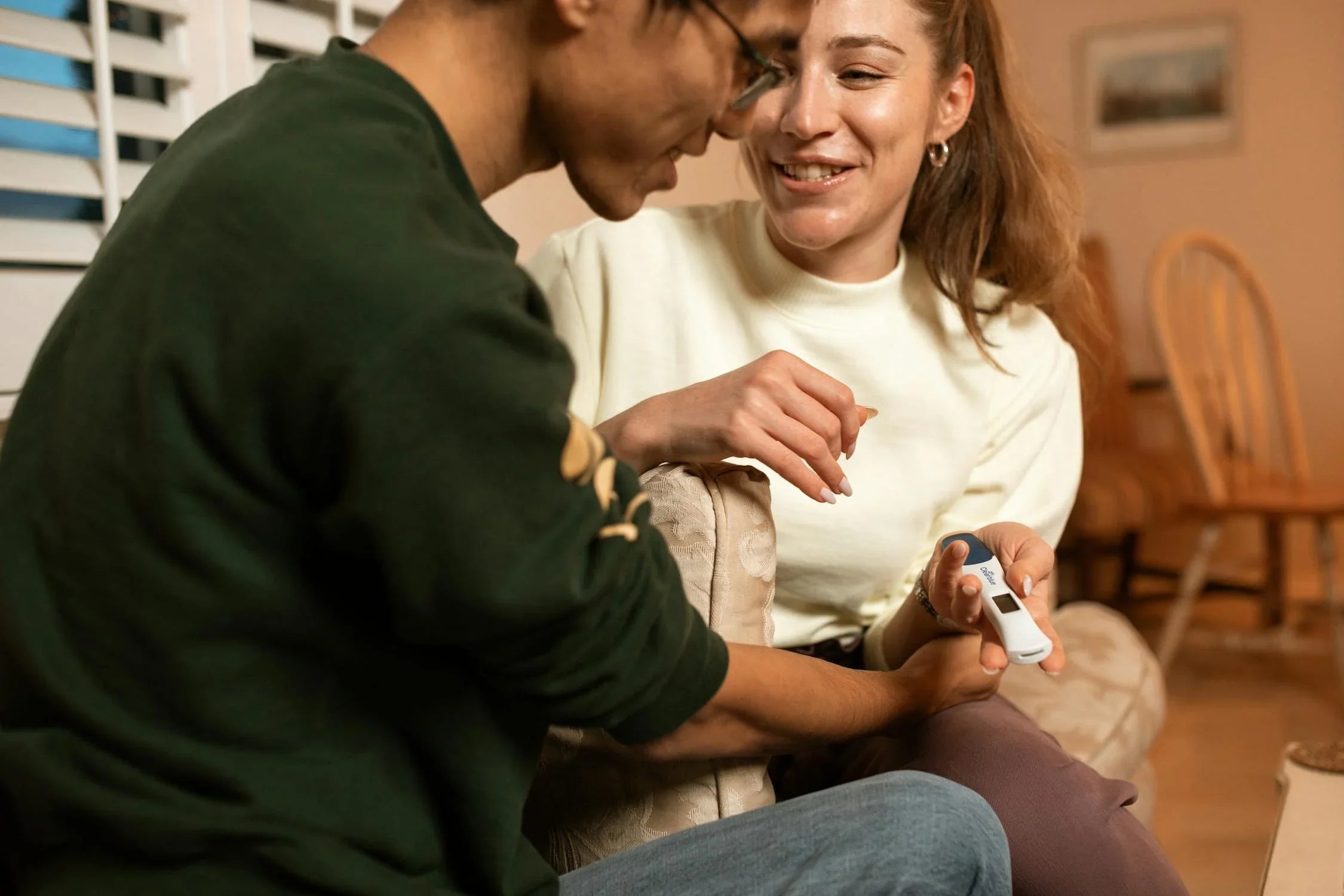Inicio
Pregnancy, Breastfeeding, and Pumping: The Ultimate Guide for Moms
Will a Pregnancy Test Work at 3 Weeks? Everything You Need to Know

Will a Pregnancy Test Work at 3 Weeks? Everything You Need to Know
When it comes to pregnancy, timing is everything. Many women wonder, will a pregnancy test work at 3 weeks? The answer isn’t as straightforward as you might think. Understanding how pregnancy tests function, the stages of early pregnancy, and the factors that influence accuracy can help you make an informed decision about when to test.
How Pregnancy Tests Work
Pregnancy tests detect the presence of a hormone called human chorionic gonadotropin (hCG) in your urine or blood. This hormone is produced by the placenta shortly after a fertilized egg attaches to the uterine lining. The levels of hCG increase rapidly in the early stages of pregnancy, doubling approximately every 48 to 72 hours.
Most home pregnancy tests are designed to detect hCG levels above a certain threshold, typically around 25 mIU/mL. However, the sensitivity of tests can vary, with some detecting lower levels of hCG. Blood tests conducted by healthcare providers are even more sensitive and can detect pregnancy earlier than urine tests.
Understanding Pregnancy Timing
Pregnancy is typically measured from the first day of your last menstrual period (LMP), not from the date of conception. This means that by the time you’re 3 weeks pregnant, conception has only occurred about 1 week prior. At this stage, hCG levels are still very low, and it may be too early for a pregnancy test to detect them.
For most women, ovulation occurs around 2 weeks after the start of their last period. If fertilization occurs, it takes about 6 to 12 days for the fertilized egg to implant in the uterus. Only after implantation does the body begin producing hCG. Therefore, at 3 weeks pregnant, hCG levels may not yet be high enough to trigger a positive result on a pregnancy test.
Factors That Influence Test Accuracy
Several factors can influence whether a pregnancy test will work at 3 weeks:
- Timing of Implantation: If implantation occurs later than average, hCG levels may not be detectable at 3 weeks.
- Test Sensitivity: Some tests are more sensitive than others and can detect lower levels of hCG.
- Time of Testing: hCG levels are typically highest in the morning, so testing with your first urine of the day may increase accuracy.
- Individual hCG Levels: hCG levels can vary widely between individuals, so some women may test positive earlier than others.
When to Take a Pregnancy Test
While it’s tempting to take a pregnancy test as soon as possible, waiting until after your missed period can improve accuracy. For most women, this is around 4 weeks pregnant. Testing too early can result in a false negative, even if you are pregnant.
If you suspect you might be pregnant but receive a negative result at 3 weeks, consider waiting a few days and testing again. hCG levels rise quickly in early pregnancy, so a test taken a few days later may yield a different result.
What to Do If You Get a Positive Result
If you receive a positive pregnancy test result, it’s important to confirm the pregnancy with a healthcare provider. They can perform a blood test or ultrasound to confirm the pregnancy and provide guidance on next steps.
Early prenatal care is crucial for the health of both the mother and the developing baby. Your healthcare provider can also help you estimate your due date and provide information on prenatal vitamins, lifestyle changes, and other important considerations.
What to Do If You Get a Negative Result
A negative result at 3 weeks doesn’t necessarily mean you’re not pregnant. If you still suspect you might be pregnant, wait a few days and test again. If you continue to receive negative results but experience symptoms of pregnancy, consult your healthcare provider for further evaluation.
It’s also important to consider other factors that could be causing your symptoms, such as stress, hormonal imbalances, or other medical conditions.
Final Thoughts
So, will a pregnancy test work at 3 weeks? While it’s possible to get a positive result at this stage, it’s more likely that you’ll need to wait a bit longer for accurate results. Understanding the science behind pregnancy tests and the factors that influence their accuracy can help you navigate this exciting and sometimes uncertain time. Remember, patience is key, and when in doubt, consult a healthcare professional for guidance.
Compartir

